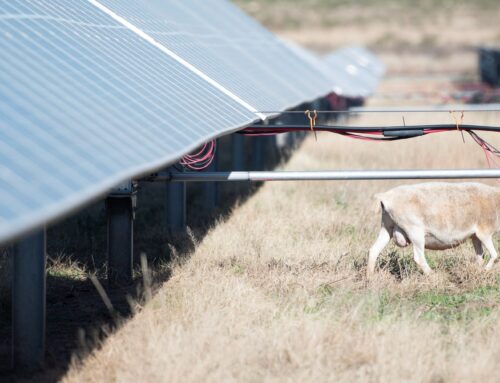Meta’s Scale AI Bet, Hollywood Sues AI, XR Industry Readies AR Glasses
June 16, 2025
Meta’s $14.3 billion acquisition of a 49% non-voting stake in Scale AI is one of the most consequential moves in the AI industry this year. The deal, which values Scale at $29 billion, brings Scale’s founder Alexandr Wang to Meta to lead its new “Superintelligence” lab, while Scale remains independent under interim CEO Jason Droege. The partnership gives Meta privileged access to Scale’s data-labeling expertise, fueling its AI ambitions and intensifying competition with OpenAI and Google. The fallout was immediate: Google ended its partnership with Scale, and other major clients are reportedly reconsidering their relationships. By structuring the deal as a minority stake, Meta sidestepped automatic antitrust review, but regulators are watching closely.
Hollywood Drops the Hammer on AI. Disney, Universal, and Getty Images have launched landmark lawsuits against AI giants Midjourney and Stability AI, challenging their “fair use” arguments and seeking to set new legal precedents for generative AI’s use of copyrighted content. The studios allege that Midjourney trained its AI on copyrighted images, enabling users to generate unauthorized reproductions of iconic characters such as Darth Vader and Shrek. Getty’s case against Stability AI, which began in London’s High Court, accuses the company of scraping millions of copyrighted photos to train Stable Diffusion.
Apple Vision Pro: Volumetric Spatial Photos with visionOS 26.At WWDC, Apple announced visionOS 26 for Vision Pro, introducing a major upgrade to spatial photos. Using generative AI, the new feature creates “spatial scenes with multiple perspectives,” allowing users to lean in and look around, even generating details not captured by the original camera. The update will be available later this year, with developers able to integrate the Spatial Scene API into their apps. Siri, meanwhile, is still going to wait until 2026.
AWE 2025: XR Goes Mainstream. AWE 2025 in Long Beach drew over 5,000 attendees and 250 exhibitors, marking a pivotal year for XR. Ori Inbar’s keynote declared, “XR is going mainstream,” crediting robust hardware, mature tools, and AI-driven developer platforms for lowering barriers to entry. Google unveiled Android XR, a new OS for spatial computing, while Snap announced consumer-ready Spectacles for 2026, emphasizing spatial AI and collaborative overlays.
The Seven Deadly Tells of AI Writing.Every once in a while one of my stories blows up. My new Forbes feature breaks down the rhetorical quirks that reveal AI-generated writing, from “TED-talk style” drama and contrastive framing to excessive use of dashes and unsubstantiated universal claims. The article highlights how and why these patterns, now common in ChatGPT, Perplexity, and Grok, can make even professional writing sound formulaic and superficial.
Zero Latency Celebrates 10 Years of Free-Roam VR.Congrats to Zero Latency VR, a pioneer in location-based virtual reality, for achieving a decade of global success, having delivered over 5 million immersive VR experiences across 120+ venues in 30 countries. While other better funded startups like The Void and Dreamscape hogged up the headlines, Zero Latency built a business that can take advantage of disruptive change.
I met game designer Johnny Monsarrat in 2017, where he described some of the ideas behind Landing Party, now available on Apple App Store and Google Play. Landing Party takes the best performing video games genres from PC and console, and brings them outside. Monsarrat’s game lays out a contiguous game area across a real world outdoor space, which you walk through to explore. I haven’t seen anything like this since Pokemon Go. Jenna Seiden, former Niantic VP Business Development, said “Johnny’s team is building what Niantic couldn’t.”
Search
RECENT PRESS RELEASES
Related Post



